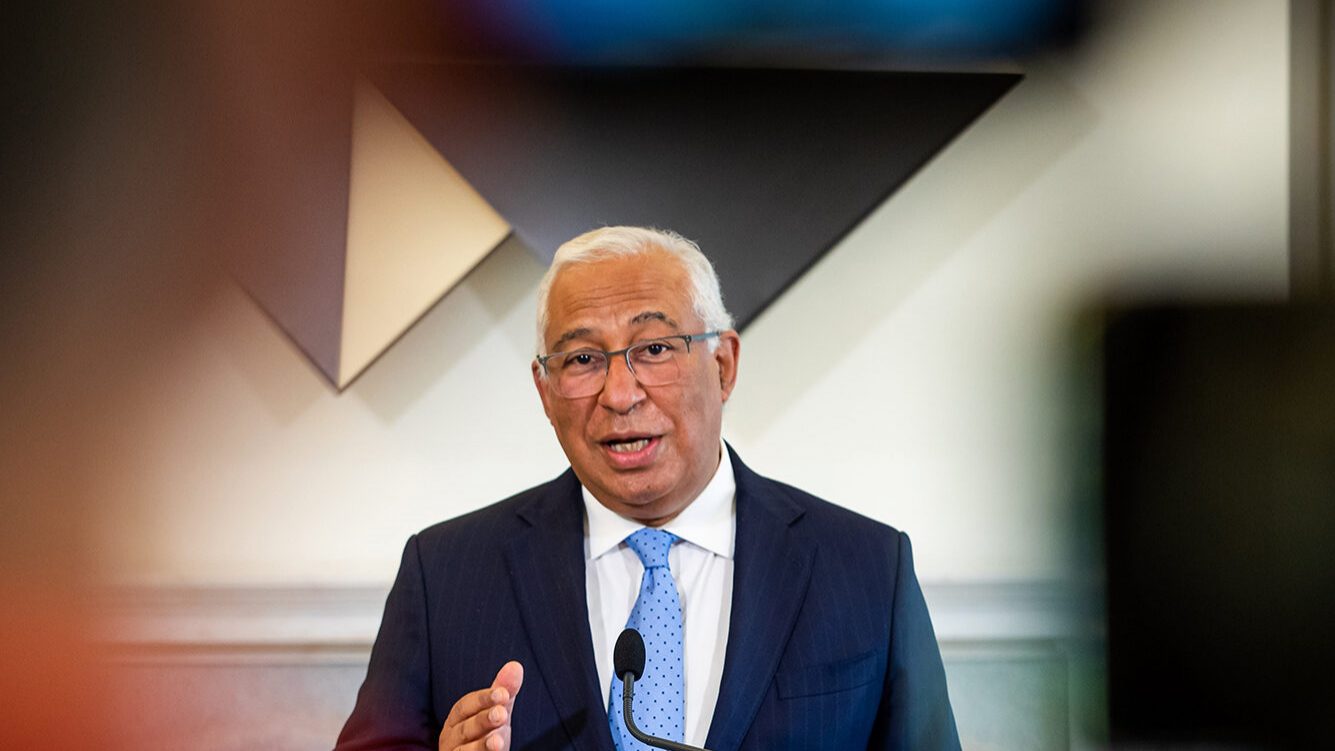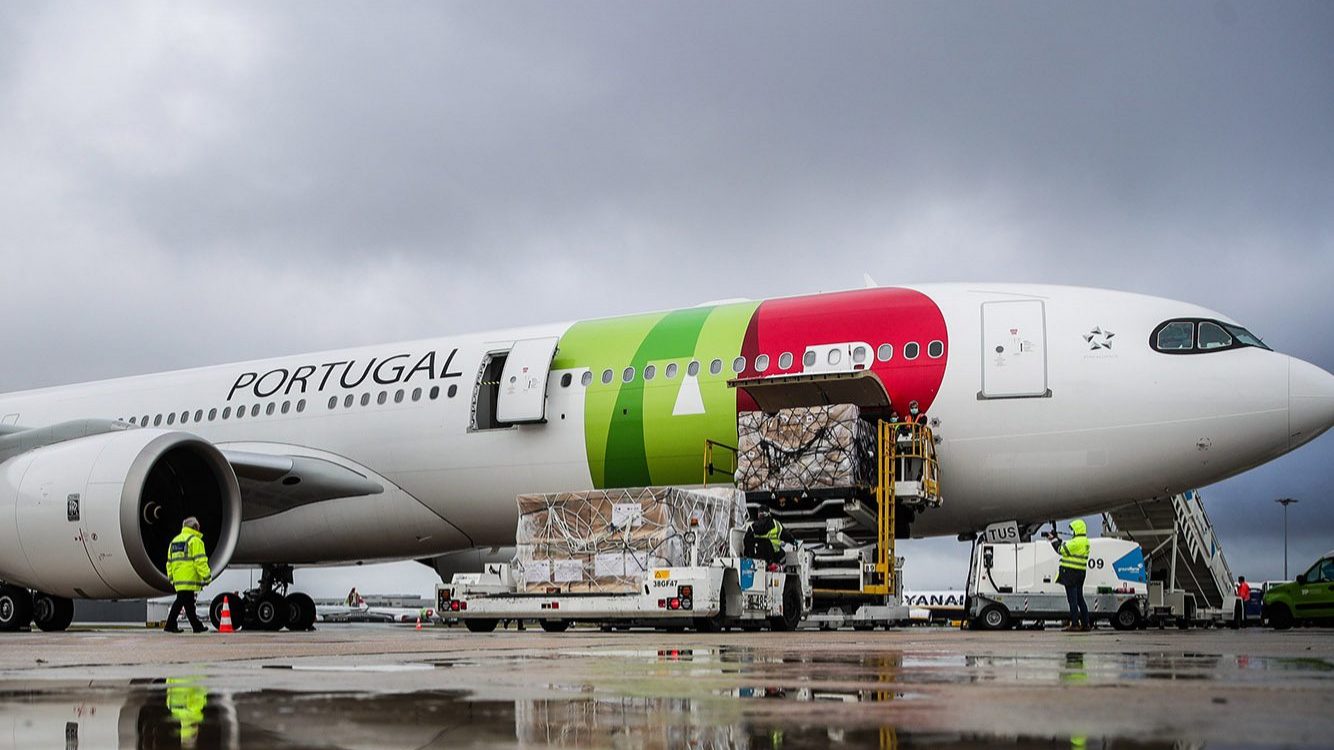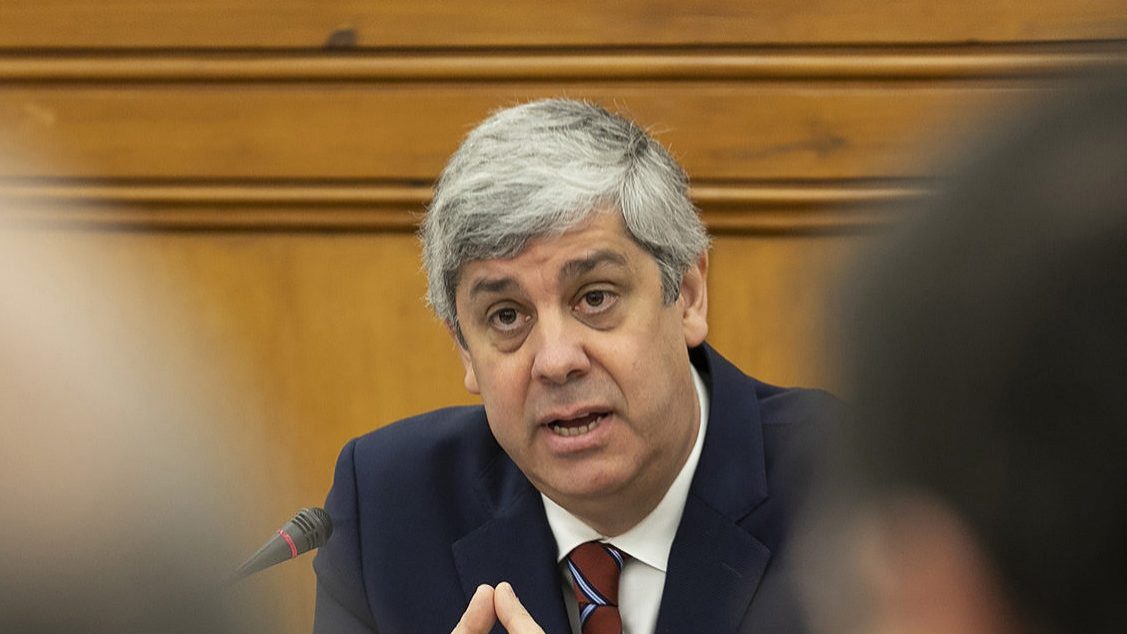Portugal minister sees own-resources decision ratified by end-May
Portuguese minister expressed confidence that the five European Union member states that have not yet ratified the decision on EU own resources will do so before the end of May.
Portugal’s minister of state and finance, João Leão, has in an interview with Lusa expressed confidence that the five European Union member states that have not yet ratified the decision on EU own resources – to enable the European Commission to issue debt on behalf of the bloc – will do so before the end of the month.
“We really hope that in the coming weeks, if possible even in May [that] the five remaining countries will ratify,” Leão told Lusa, in a joint interview with the president of the Eurogroup of euro-zone finance ministers, Paschal Donohoe. “We have positive prospects, from the contacts we have had, that the five countries can meet this objective.”
Portugal, as current holder of the presidency of the Council of the EU, is organising a meeting of Ecofin, which brings together member states’ ministers of economy and finance.
The EU members in question are Austria, Hungary, the Netherlands, Poland and Romania, according to Valdis Dombrovskis, commission executive vice-president, on Tuesday.
Leão described it as “very important” that all member states ratify the decision by the end of May, so that “the European Commission can prepare to go to the markets … before the summer” to raise finance for the EU’s post-pandemic recovery plan.
“It is very important that before the summer break, when there is less liquidity in the market, that the European Commission has the opportunity and capacity to go to the markets to finance itself,” he said. “This would be a very important signal for the European economy and for the markets.”
At stake is the Recovery and Resilience Mechanism (RRM), worth a projected €672.5 billion (at 2018 prices), which is the central element of Next Generation EU, the €750-billion fund approved by EU leaders in July last year and which is aimed at relaunching EU economy after the crisis caused by the Covid-19 pandemic.
The mechanism is to make a total of €312.5 billion in grants and €360 billion in loans available to member states. To access it EU governments must submit to the commission their national Recovery and Resilience Plans (RRPs), containing reform and investment programmes for the period to 2026, but it is also necessary for all to ratify the own-resources decision first.
Leão, who on Friday and Saturday is hosting informal meetings of the Eurogroup and Ecofin in Lisbon, expressed the hope that Portugal’s RRP “may already be approved by June” given that Portugal was the first country to submit a final plan.
He also stressed to Lusa that EU budget rules “are complex”, saying that it is important that in the future the rules “are credible” and that countries are able to comply with them, “and at the same time are able to focus on what is important, which is the recovery of the economy and the social conditions of the population.”
For his part, Donohoe agreed that the budget rules were “very complicated” and that it was a challenge “to explain them clearly”. However, he added that “sometimes this complexity can also be a source of flexibility in demanding situations” such as the current pandemic.


